Home>Garden Essentials>Garden Plants>How Do You Make Thyme Tea
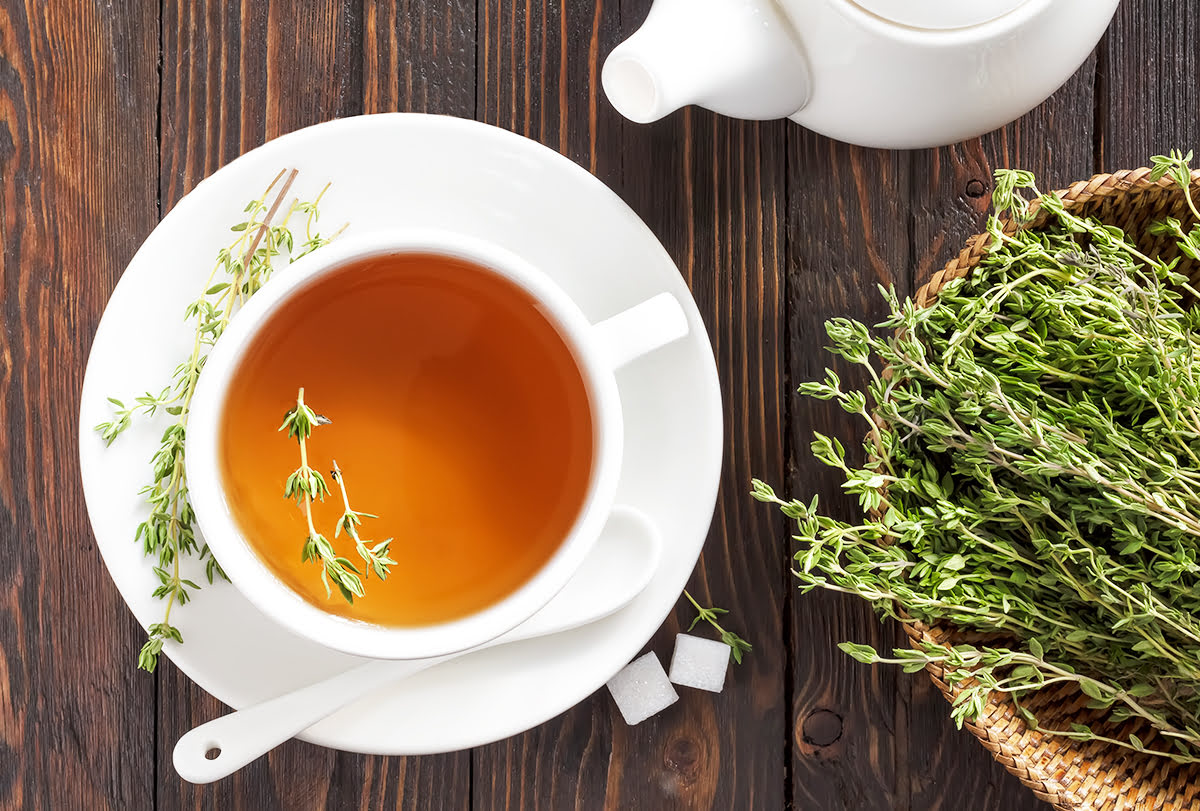

Garden Plants
How Do You Make Thyme Tea
Modified: October 20, 2024
Discover the incredible benefits of thyme tea made from natural plants. Learn how to make your very own thyme tea at home with our step-by-step guide.
(Many of the links in this article redirect to a specific reviewed product. Your purchase of these products through affiliate links helps to generate commission for Storables.com, at no extra cost. Learn more)
Introduction
Thyme is not just a flavorful herb used in cooking, but it also has numerous health benefits. One popular way to harness these benefits is by making thyme tea. Thyme tea has been consumed for centuries, and it is loved for its soothing aroma, unique taste, and therapeutic properties.
Whether you are a tea aficionado or simply looking for a natural remedy to support your well-being, thyme tea may be just what you need. In this article, we will explore the benefits of thyme tea, how to prepare it, variations of thyme tea, tips for brewing the perfect cup, and potential side effects and precautions.
Before we dive into the specifics, let’s take a closer look at why thyme tea is worth incorporating into your daily routine.
Key Takeaways:
- Thyme tea offers a plethora of health benefits, including immune support, digestive aid, and anti-inflammatory properties. It’s a simple and customizable herbal remedy worth incorporating into your daily routine.
- When preparing thyme tea, opt for fresh thyme, experiment with flavor variations, and brew with care to maximize its soothing aroma and potential health benefits. Exercise caution with allergies, medication interactions, and excessive consumption.
Read more: What Is Thyme Tea Good For?
Benefits of Thyme Tea
Thyme tea offers an array of health benefits due to its rich nutritional profile and natural compounds. Here are some of the remarkable benefits of incorporating thyme tea into your daily regimen:
- Boosts Immune System: Thyme contains vitamins A and C, as well as antioxidants, which can strengthen the immune system and defend against various infections and illnesses.
- Aids Digestion: Thyme tea has carminative properties that can help soothe digestive issues like indigestion, bloating, and flatulence. It also promotes the release of stomach enzymes, aiding in the digestion process.
- Relieves Respiratory Issues: The essential oils in thyme have expectorant and antispasmodic properties, making thyme tea effective in relieving coughs, congestion, and bronchitis. It can also soothe sore throats and promote clearer breathing.
- Supports Heart Health: Thyme contains compounds that may help lower blood pressure and cholesterol levels. Regular consumption of thyme tea may reduce the risk of heart diseases and promote a healthier cardiovascular system.
- Anti-Inflammatory Properties: Thyme is known for its anti-inflammatory properties, which may help reduce inflammation in the body and alleviate symptoms of conditions like arthritis and inflammatory bowel diseases.
- Antioxidant Powerhouse: Thyme is packed with antioxidants that can combat free radicals and oxidative stress, protecting the body’s cells from damage and potentially reducing the risk of chronic diseases.
- Supports Mental Well-being: Thyme tea has calming effects that can ease anxiety, stress, and promote relaxation. It may also help improve mood and enhance mental focus and clarity.
It’s important to note that while thyme tea offers numerous benefits, it should not be considered a substitute for medical treatments. You should always consult with a healthcare professional if you have any specific health concerns.
How to Prepare Thyme Tea
Making thyme tea at home is a simple and enjoyable process. Here’s a step-by-step guide on how to prepare a delicious cup of thyme tea:
- Gather Your Ingredients: You will need fresh or dried thyme leaves, water, and a teapot or a heat-resistant cup with a strainer.
- Measure the Thyme: For a single serving, use about 1 teaspoon of dried thyme or 2 teaspoons of fresh thyme.
- Boil Water: Bring a cup of water to a boil in a kettle or on the stovetop.
- Add Thyme Leaves: Place the thyme leaves in a teapot or a heat-resistant cup.
- Pour Hot Water: Pour the boiling water over the thyme leaves.
- Steep the Tea: Let the thyme steep in the hot water for about 5-10 minutes.
- Strain and Serve: If using a teapot, strain the tea into a cup. If using a cup with a strainer, simply remove the strainer with the thyme leaves. You can add honey or lemon for added flavor if desired.
- Enjoy Your Thyme Tea: Savor the aromatic and soothing flavors of thyme tea while it’s still warm. Take this opportunity to relax and embrace the potential benefits it offers.
Remember, you can adjust the measurements and steeping time to suit your taste preferences. Feel free to experiment with the strength and flavor of thyme tea until you find the perfect balance for you.
Now that you know how to prepare the basic version of thyme tea, let’s explore some exciting variations you can try.
Possible Variations of Thyme Tea
While a simple cup of thyme tea is delicious on its own, you can add extra flavors and medicinal benefits by incorporating other ingredients. Here are a few variations of thyme tea that you can experiment with:
- Thyme and Honey Tea: Add a drizzle of honey to your thyme tea for a touch of sweetness. Honey not only enhances the flavor but also offers its own health benefits, including soothing a sore throat and providing natural energy.
- Lemon and Thyme Tea: Squeeze some fresh lemon juice into your thyme tea to add a refreshing citrus twist. Lemon is rich in vitamin C and adds a zesty flavor that complements the herbal notes of thyme.
- Ginger and Thyme Tea: Grate a small piece of fresh ginger and add it to your thyme tea for a spicy kick. Ginger has anti-inflammatory properties and can aid digestion, making it a perfect pairing with thyme.
- Mint and Thyme Tea: Combine fresh mint leaves with thyme leaves to create a refreshing herbal blend. Mint adds a cooling effect and a hint of menthol, which can help soothe digestion and promote relaxation.
- Chamomile and Thyme Tea: Mix dried chamomile flowers with thyme leaves for a calming and aromatic tea blend. Chamomile is well-known for its relaxation properties, making it an ideal addition to thyme tea for a bedtime drink.
- Cinnamon and Thyme Tea: Sprinkle a pinch of ground cinnamon into your thyme tea to add warmth and a hint of sweetness. Cinnamon has antioxidant properties and may help regulate blood sugar levels.
Feel free to experiment with these variations based on your preferences and desired flavors. You can also combine multiple ingredients to create your own unique blends. Don’t be afraid to get creative and discover new favorite combinations!
Now that you have some ideas for flavoring your thyme tea, let’s move on to some tips for brewing the perfect cup.
To make thyme tea, steep 2 teaspoons of fresh thyme or 1 teaspoon of dried thyme in hot water for 5-10 minutes. Strain and sweeten with honey if desired. Thyme tea can help with coughs and sore throats.
Tips for Brewing the Perfect Cup of Thyme Tea
While making thyme tea is relatively simple, following these tips can help you achieve the best flavor and aroma:
- Use Fresh Thyme: Whenever possible, opt for fresh thyme leaves instead of dried ones. Fresh thyme provides a more vibrant and aromatic flavor.
- Properly Store Thyme: If you’re using fresh thyme, store it in the refrigerator to maintain its freshness. For dried thyme, keep it in an airtight container in a cool, dark place away from moisture.
- Experiment with Steeping Time: The suggested steeping time for thyme tea is 5-10 minutes. However, feel free to adjust it based on your preference. Steeping for a shorter time results in a milder flavor, while steeping longer intensifies the herbal notes.
- Opt for Filtered Water: Using filtered or spring water can enhance the taste of your thyme tea, as it eliminates impurities and chlorine that may affect the flavor.
- Don’t Boil Thyme Leaves: Avoid boiling thyme leaves directly, as it may result in a bitter taste. Instead, pour hot water over the leaves to gently extract the flavors.
- Adjust Sweetness: If you prefer a sweeter cup of thyme tea, add honey or a natural sweetener of your choice. Experiment with the amount to find the perfect level of sweetness.
- Enjoy It Hot or Cold: Thyme tea can be enjoyed both hot and cold. If you prefer a refreshing iced tea, let it cool down and add ice cubes before serving.
- Savor the Aroma: Take a moment to inhale the beautiful aroma of the freshly brewed thyme tea. The aroma can uplift your senses and enhance the overall tea-drinking experience.
By incorporating these tips into your thyme tea brewing routine, you can elevate the flavor and create a truly enjoyable tea-drinking experience. Now, let’s discuss a few potential side effects and precautions associated with thyme tea.
Read more: How Do You Mince Thyme
Potential Side Effects of Thyme Tea and Precautions
While thyme tea is generally safe for consumption, it is important to be aware of potential side effects and take necessary precautions:
- Allergic Reactions: Some individuals may be allergic to thyme or other plants in the same family, such as mint, basil, or oregano. If you experience any allergic reactions like itching, swelling, or difficulty breathing, discontinue the use of thyme tea and consult a healthcare professional.
- Medication Interactions: If you are taking any medications or have a specific medical condition, it’s advisable to consult your healthcare provider before consuming thyme tea. Thyme may interact with certain medications, such as blood-thinning medications or anticoagulants.
- Pregnancy and Breastfeeding: Pregnant and breastfeeding women should exercise caution when consuming thyme tea. While there is limited research on the safety of thyme during pregnancy, it is best to consult with a healthcare professional before incorporating thyme tea into your routine.
- High Consumption: Like any herbal tea, excessive consumption of thyme tea may lead to gastrointestinal discomfort, including upset stomach or diarrhea. Moderation is key, and it’s best to start with small amounts to gauge your body’s response.
- Sensitivity to Aromatic Compounds: Thyme contains aromatic compounds that may cause sensitivity in some individuals. If you have a known sensitivity to aromatics, it’s advisable to approach thyme tea with caution.
- Quality and Purity: When purchasing dried thyme for tea, opt for organic and high-quality sources to ensure purity and minimize the presence of pesticides or contaminants.
As with any herbal remedy or dietary addition, it’s always prudent to practice moderation and consult with a healthcare professional if you have any concerns or specific health conditions. They can provide personalized advice based on your individual circumstances.
Now, let’s wrap things up.
Conclusion
Thyme tea is a flavorful and aromatic herbal infusion that offers numerous health benefits. From supporting the immune system to aiding digestion and promoting respiratory health, thyme tea is a natural remedy that can enhance your overall well-being.
Preparing thyme tea is a simple process that can be customized to suit your taste preferences. Whether you choose to enjoy it plain or with added flavors like honey, lemon, or ginger, thyme tea can be a soothing and refreshing beverage for any time of the day.
While thyme tea is generally safe for consumption, it’s essential to be mindful of potential allergies, medication interactions, and high consumption. Always consult with your healthcare provider if you have any specific concerns or if you are pregnant or breastfeeding.
Incorporating thyme tea into your daily routine can be a delightful way to reap its many benefits and indulge in its aromatic and comforting qualities. Remember to use fresh thyme whenever possible and experiment with variations to find your perfect cup.
So, why not brew a steaming cup of thyme tea and savor the herbal goodness while enjoying the relaxation it brings? Take a moment to immerse yourself in the soothing flavors and enjoy the potential health benefits that thyme tea has to offer!
Try making thyme tea today and discover its incredible taste and wellness-boosting properties. Cheers to your health!
Frequently Asked Questions about How Do You Make Thyme Tea
Was this page helpful?
At Storables.com, we guarantee accurate and reliable information. Our content, validated by Expert Board Contributors, is crafted following stringent Editorial Policies. We're committed to providing you with well-researched, expert-backed insights for all your informational needs.

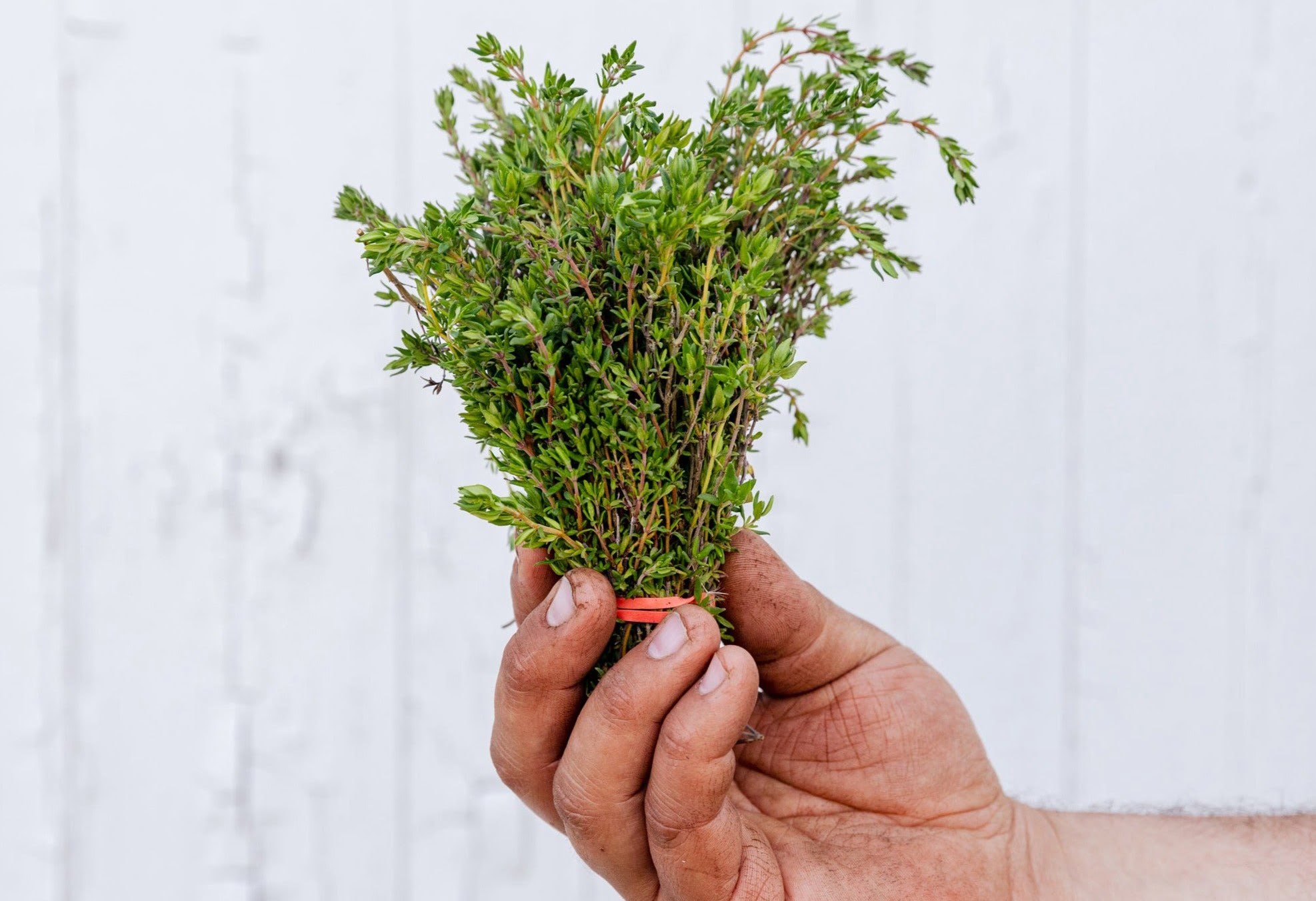
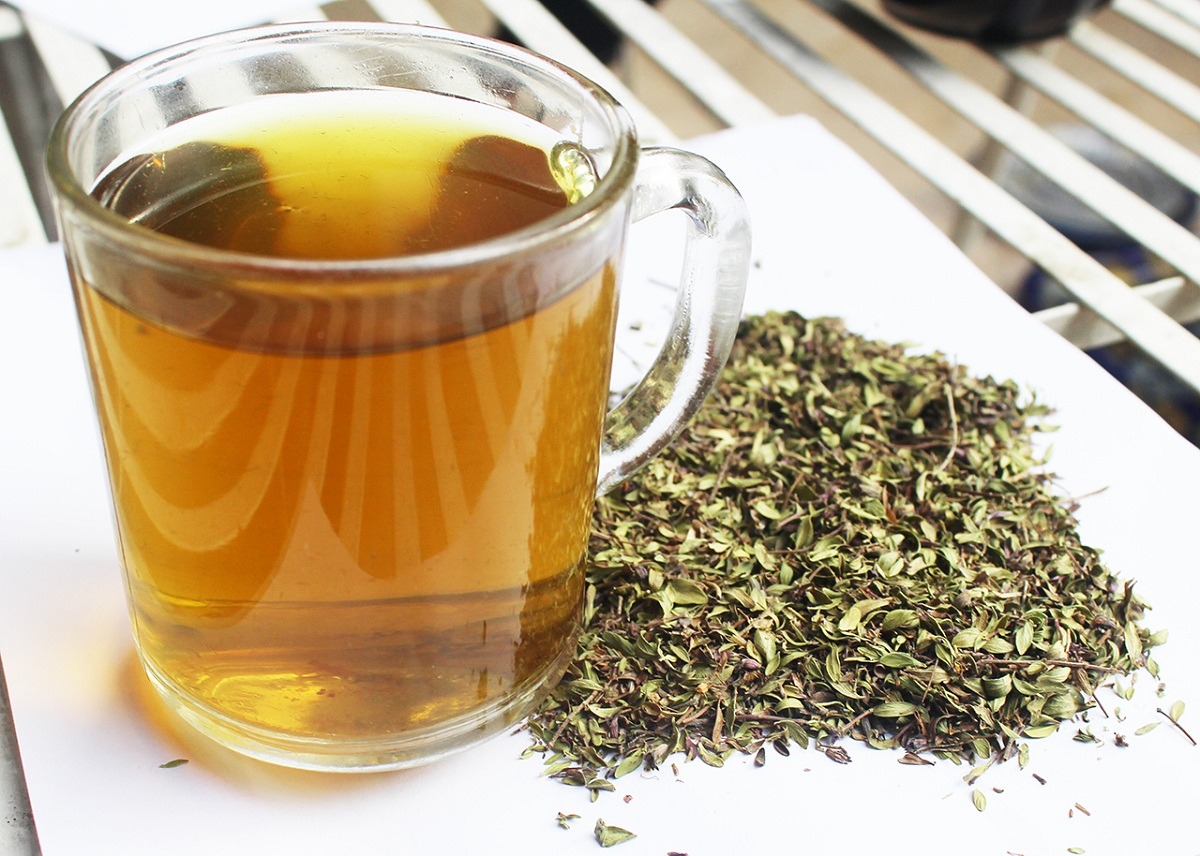
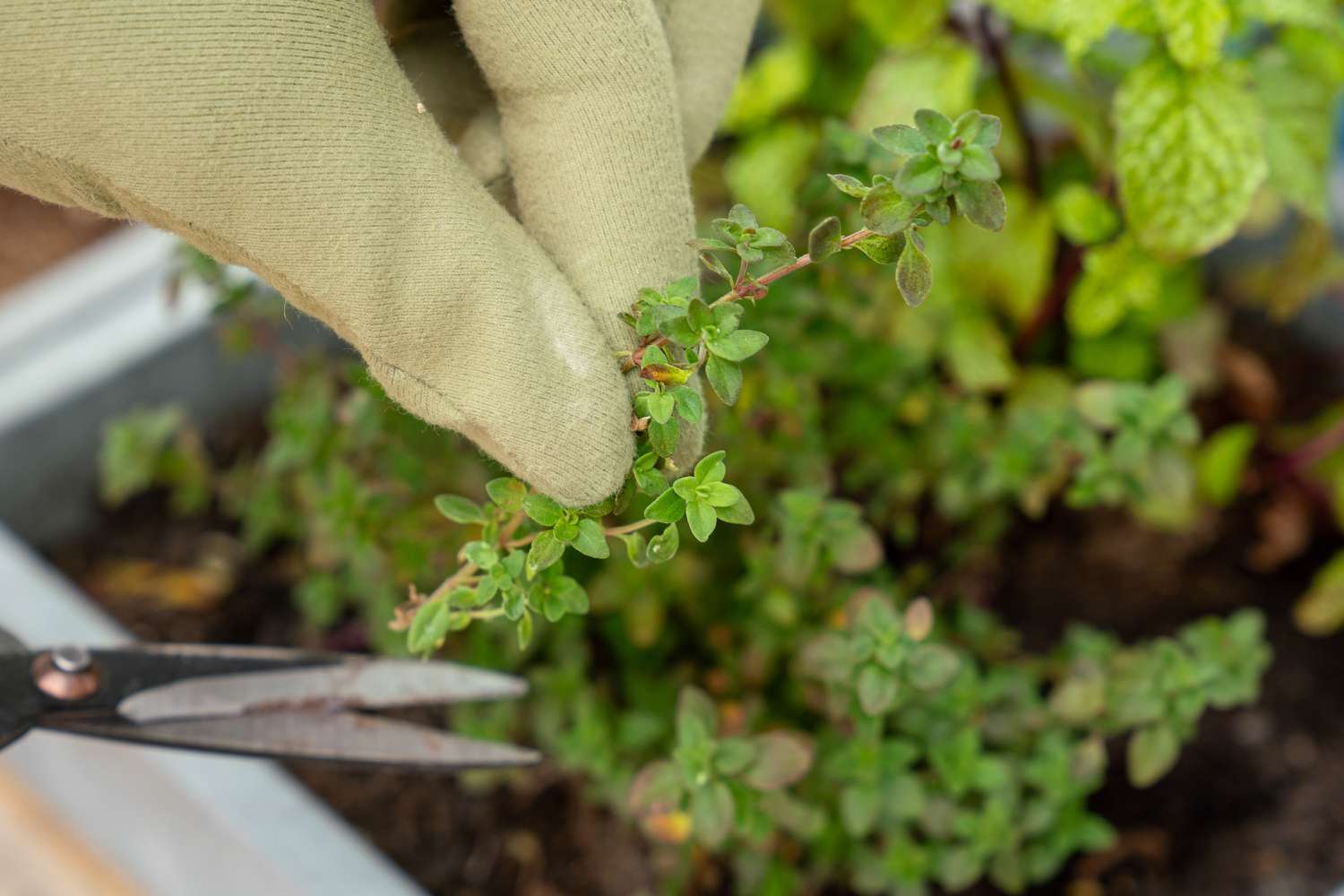
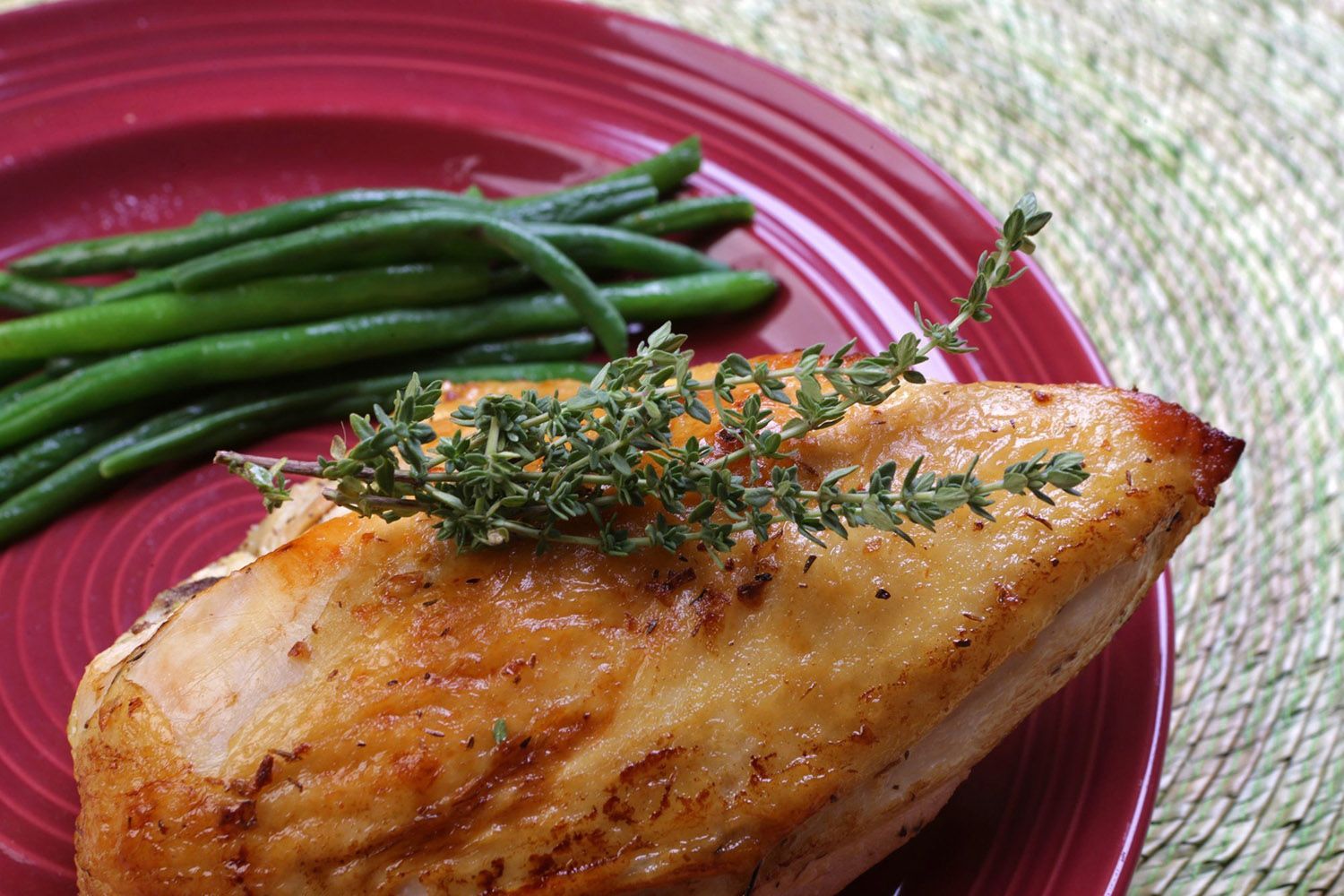
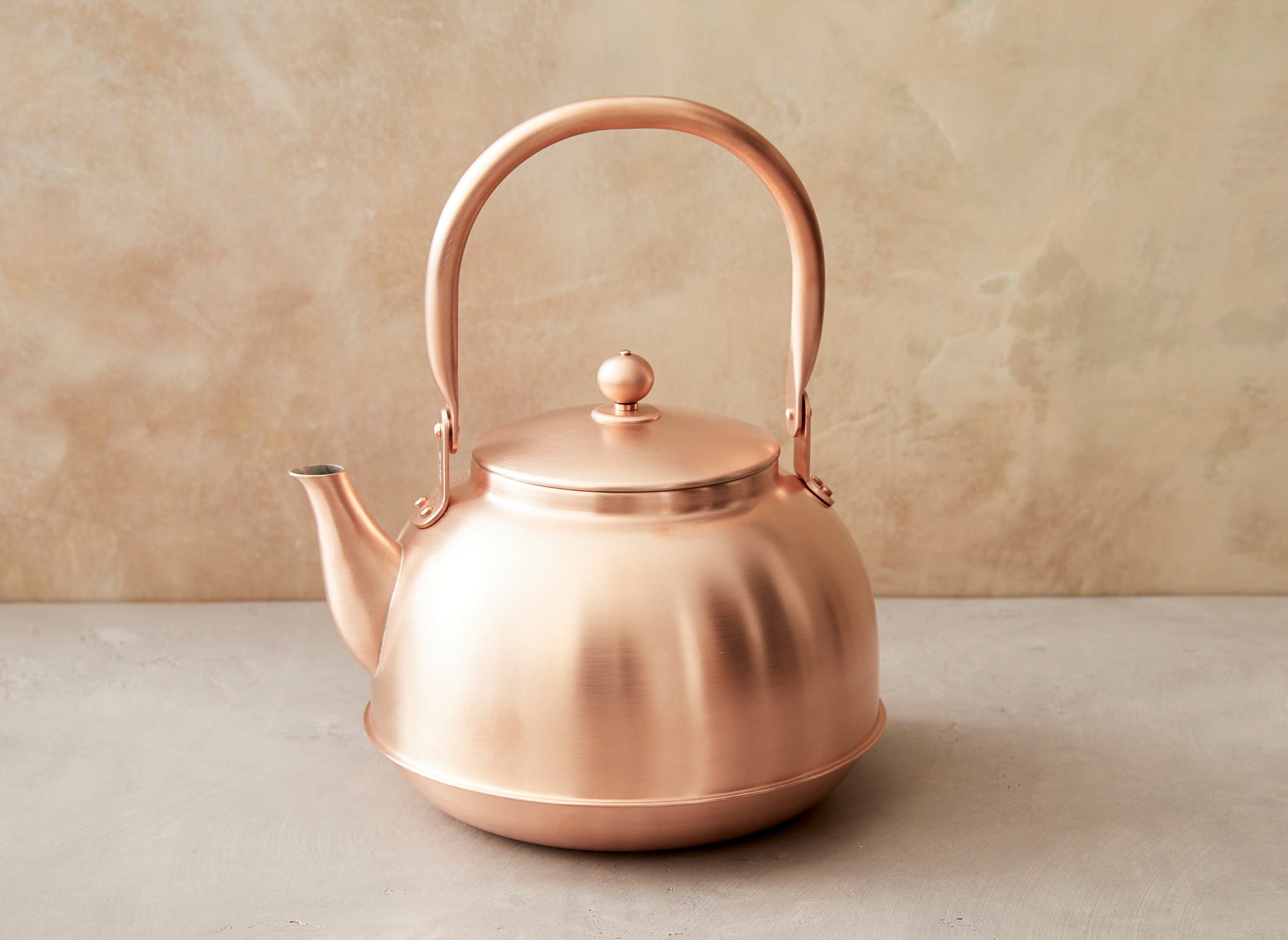
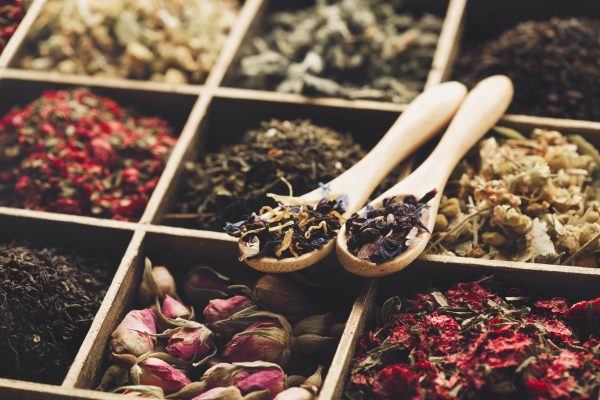
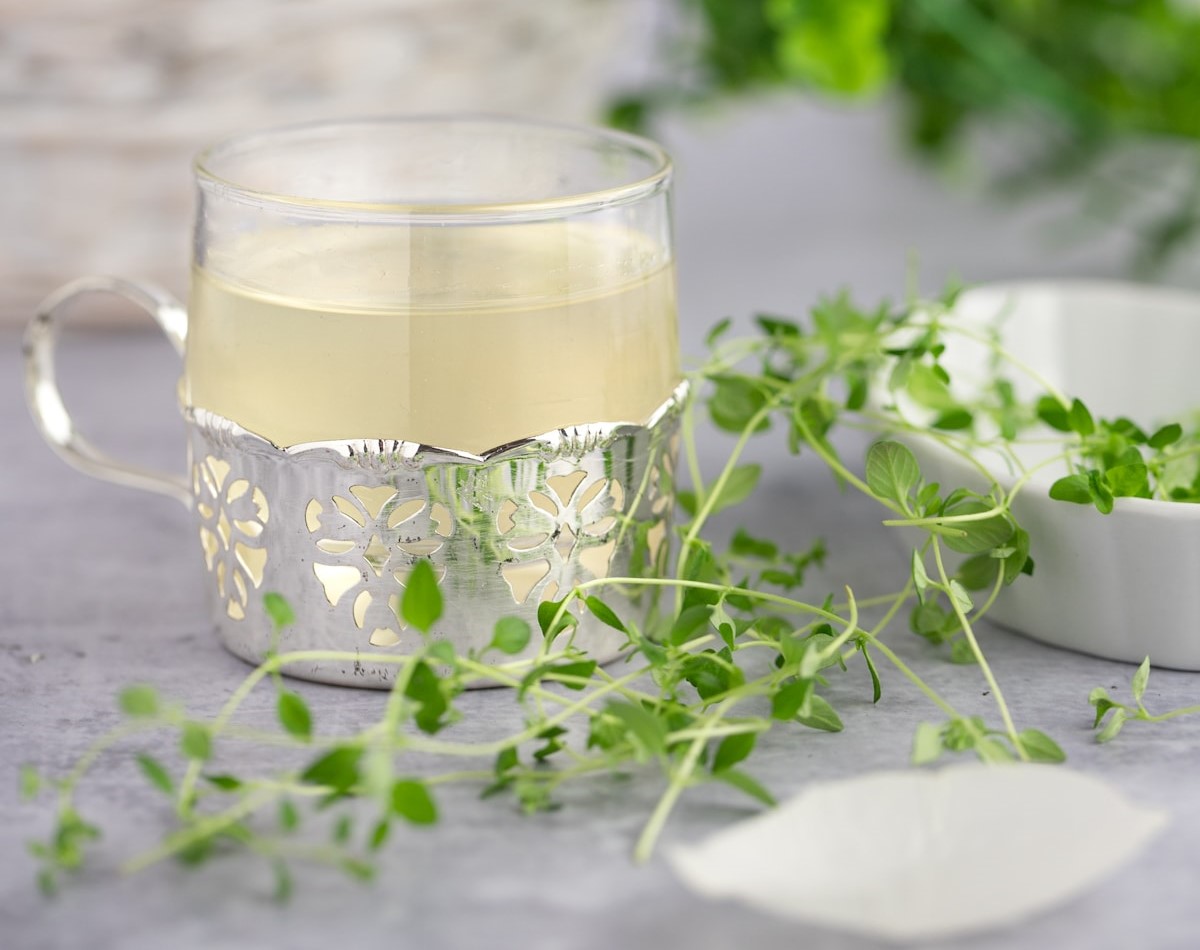

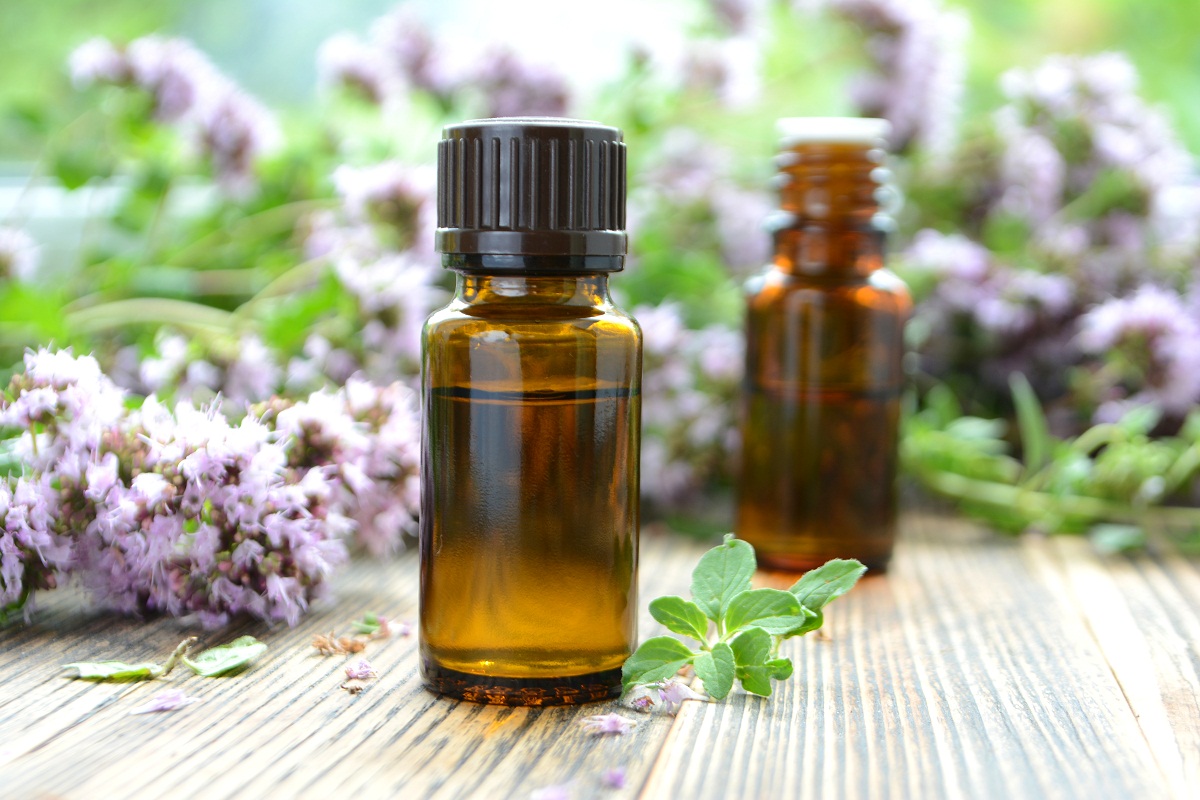

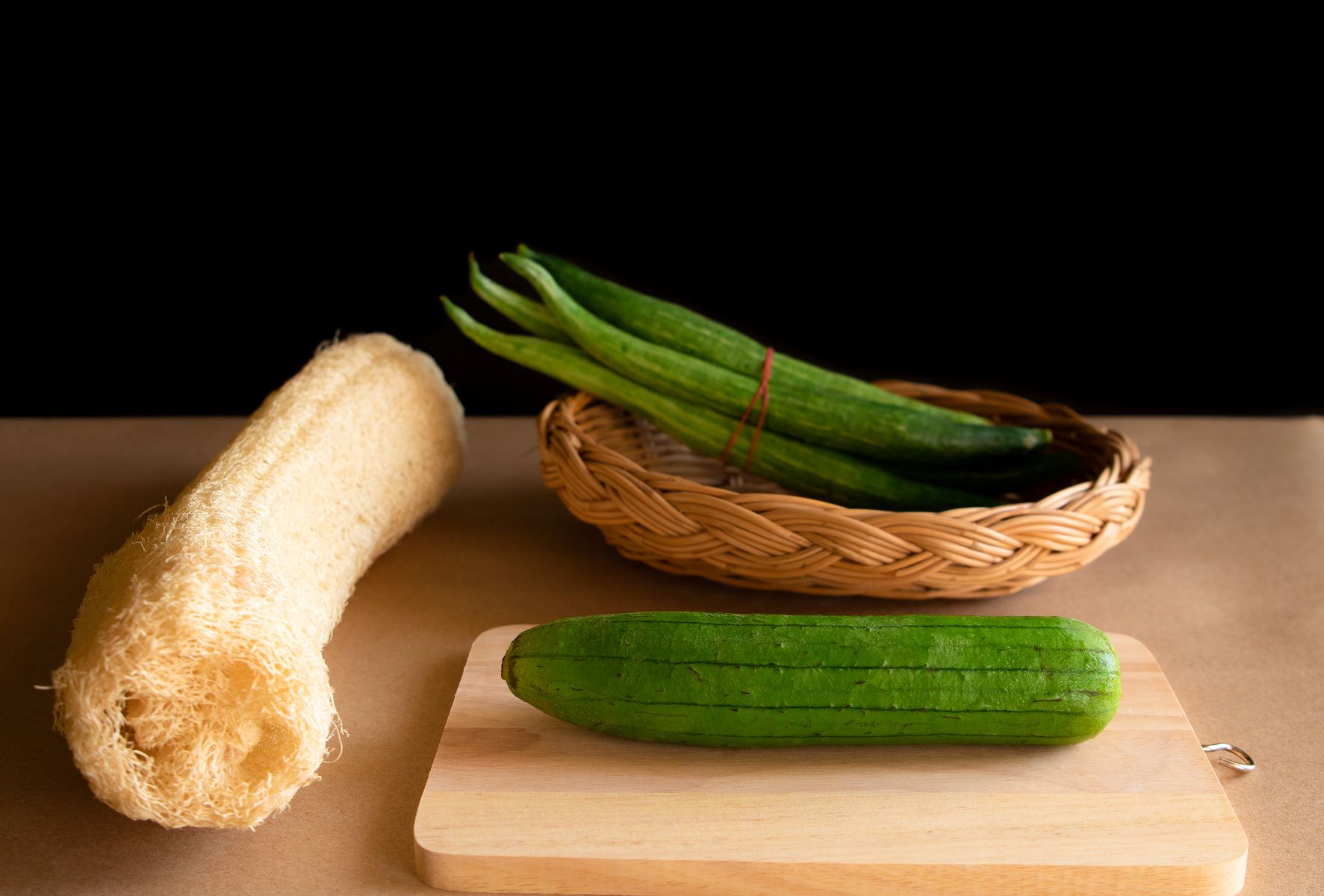



0 thoughts on “How Do You Make Thyme Tea”